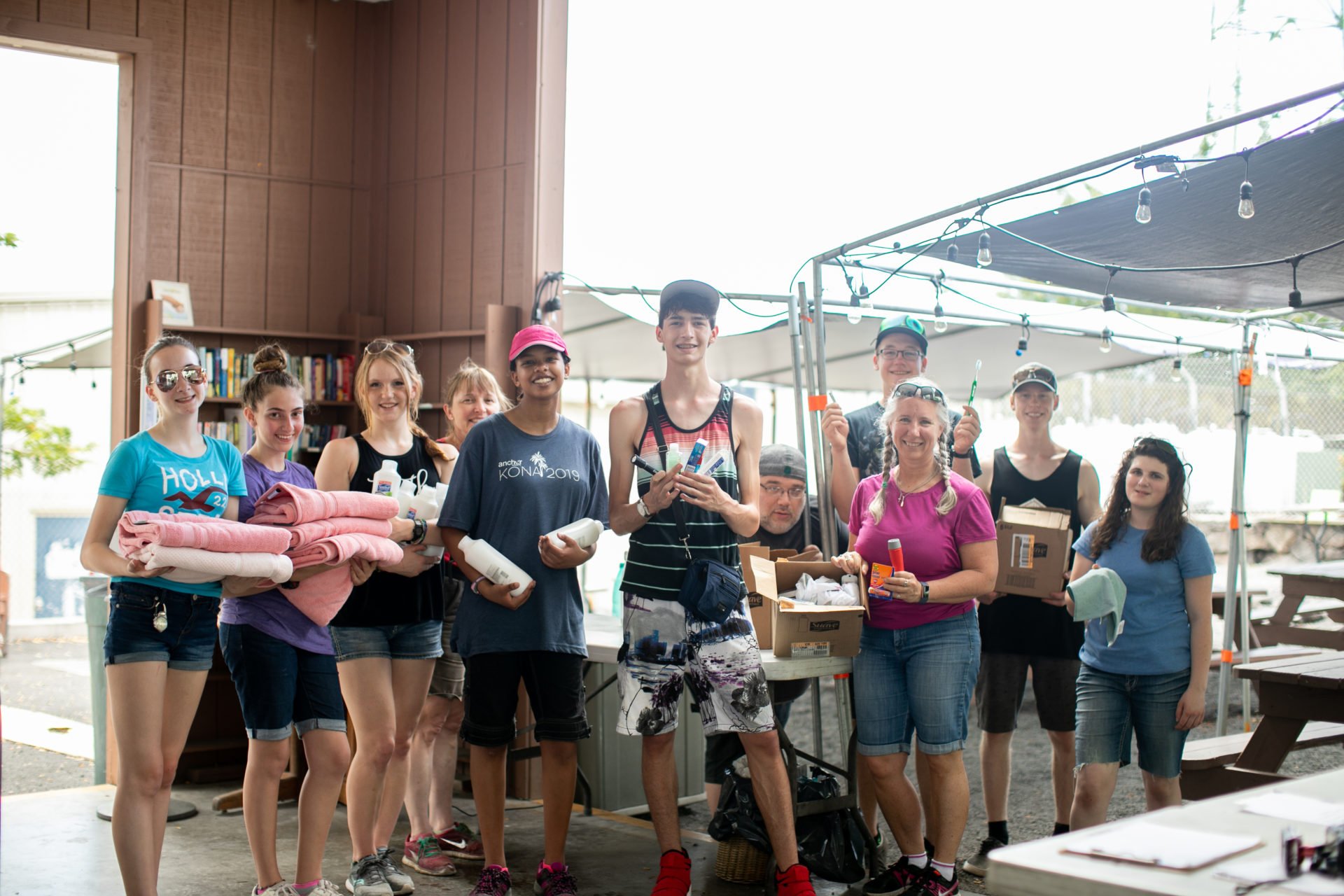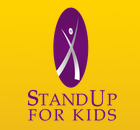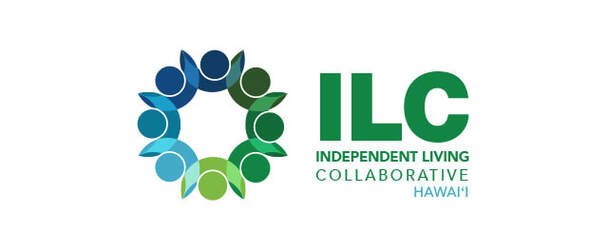Houselessness
Houselessness is the lack of stable, functional, or safe housing and is the state of being unhoused or unsheltered.
You may recognize the words ‘“homeless” or “homelessness” used synonymously with houselessness, but the use of “houseless” is becoming more common because of this distinction:
Per KHON, “Houselessness is the lack of housing available in one’s life. These individuals are often referred to as homeless, but advocates have changed this demarcation to houseless since a home is not necessarily a physical building. For many, a home is where we find a family; and a family can exist in any situation” (KHON News).
The transition to “houseless” is therefore because the individuals living without stable shelter or structure can still have homes with their family or otherwise. On this page, we will use “houseless” rather than “homeless” for the above reasons.
However, the Hawaii Department of Human Services still uses “homeless” and you can see the breakdown of their definitions here. In addition, there are a number of resources to provide further information related to the issue of houselessness, both locally and nationally. If you have any questions, please do not hesitate to contact (808) 586-0193 or gov.homelessness@hawaii.gov for more information.
From Hawai’i Children and Youth Summit: “TheGuardian visited the Waianae houseless camp and interviewed its residents and the local leader named Twinkles. With the highest houselessness rate of any state in the US, Hawaii lawmakers struggle for solutions amid rising costs of living and low wages. But one group of houseless Hawaiians has taken matters into their own hands, forming a highly organized and self-sustaining community. Could a key part of solving Hawaii’s houselessness problem actually come from its houseless citizens?”
In our own backyard
In 2020, Hawaii had the third highest rate of houselessness in the US (Statista). The following statists are from the Point in Time Count (PIT Count) from 2022 which is a census that counts the number street and sheltered people experiencing houselessness sponsored by the US Department of Housing and Urban Development.
A total of 5,973 people experienced houselessness in the state of Hawai‘i. 3,951 were on O’ahu, 837 on Hawai‘i, 741 on Maui, and 444 on Kaua’i.
Chronic houselessness increased by 18% compared to 2020. Chronic houselessness is defined as “have experienced houselessness for at least a year – or repeatedly – while struggling with a disabling condition such as a serious mental illness, substance use disorder, or physical disability.”
Between 2020-2022, there was an 11% decrease in the total number of people who experienced houselessness on O’ahu (including a decrease in veterans and keiki numbers). Kaua’i and Hawai‘i counties experienced a 5% increase in houselessness while Maui county experienced a 6% decrease.
Of those who are houseless on Oahu, about 60% are living on the streets
Youth Houselessness
Did You Know…many causes of houselessness among youth fall into three inter-related categories: family problems, economic problems and residential instability/transition. While the youth may have their own reasons for running away, family conflict is the primary reason why youth leave home.
Rights for You
If you are houseless or are in unstable housing, you are still entitled to education rights. Check out this infographic from the Department of Education to see what your options are and what you are eligible to do.
Hope Services Hawai’i
Hope Services Hawai’i is working to make houselessness on Hawai’i Island rare, brief, and nonrecurring. They encourage those who are experiencing houselessness or or have received an eviction notice on Hawaiʻi Island to contact them. Find their website here!
From the Hope Services Hawai’i website.
Family Promise of Hawai’i
From their website — “We are Family Promise of Hawaiʻi. Transforming the lives of housing insecure families. Because every child deserves a home.”
Call them at: 808-466-4241
Youth Outreach - Waikiki Health
(808) 537-8438
Honolulu, HI 96815
The Youth Outreach (YO) program provides medical and social services to houseless youth age 22 and under (must be 14 and above for medical services). Services include physical exams and immunizations, substance abuse education and referrals, food, shelter, shower and laundry facilities, job assistance, and therapy sessions. To learn more, visit here for general information and here for a list of their services.
Residential Youth Services & Empowerment
(808) 498-5180
Maunawili, HI 96734
RYSE provides medical and social services to houseless between the ages of 18 and 24 years old. Services include medical attention, food, shelter, shower and laundry facilities, employment assistance, and counseling. To learn more, visit their website.
Maui Youth & Family Services
Maui Youth and Family Services empowers youth and families, and provides a safe place for Maui’s houseless, abused and runaway children. They also have behavioral and mental health programs to support young people and their families’ personal growth and emotional stability. For people who are houseless, at risk of becoming houseless, in foster care, have aged out of foster care, or are not able to receive care in their own home, Maui Youth & Family Services work to create support and guidance so that one can achieve positive change in their social, behavioral, academic, health, and family lives.
Check out their home page here: https://mbhr.org/about-maui-youth-family-services/ for more information!











